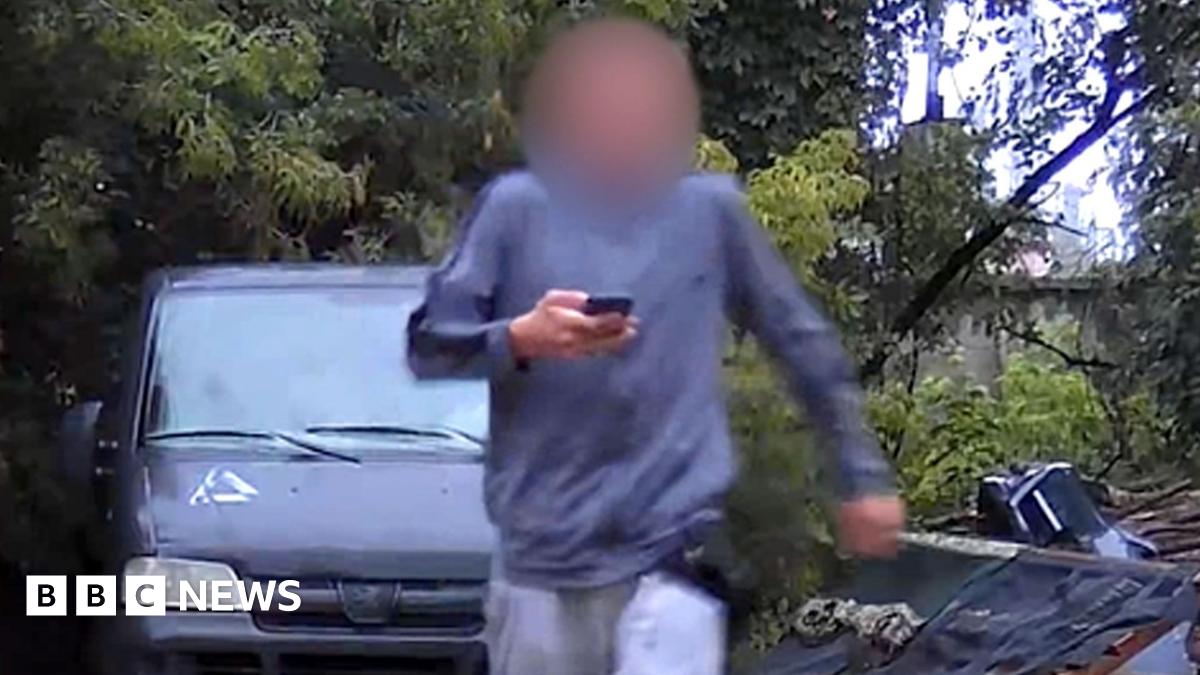One account we contacted immediately offered payment, either in cryptocurrency or via bank transfer, to carry out arson. We were told to contact a second account for more details and then received a message with a price list detailing how much they offered to pay for different targets.
The payments ranged from $1,500 for setting fire to a post office to $3,000 for a bank. Banks were worth more, they explained, because security glass made them harder to attack.
“You either need to pour petrol inside or throw a few Molotov cocktails inside,” the account advised.
But even ordinary Ukrainians looking for employment can find themselves offered money to carry out sabotage.
We found adverts offering high pay for unspecified part time work posted in a variety of unrelated Ukrainian Telegram groups, including some geared at refugees and even beauty tips. When we followed one up, a recruiter again offered thousands of dollars for arson attacks and asked us to send videos as proof.
“I need all the arson I can get,” they messaged. “Finding a reliable person is far more difficult than parting with money. That’s why I pay exactly what I say and I do it very quickly, usually within a couple of hours after receiving the video.”
The BBC reported a number of these channels, accounts, chats and bots to Telegram, which removed a few but not most of them. One of the channels that is still active has grown by over 750 subscribers since we started monitoring it, meanwhile an account that we told Telegram had directly offered us payment for an arson attack is still live.
In a statement, Telegram said: “Calls to violence or destruction of property are explicitly forbidden on Telegram and are immediately removed whenever discovered.”
